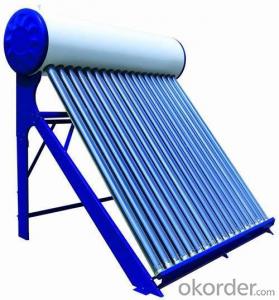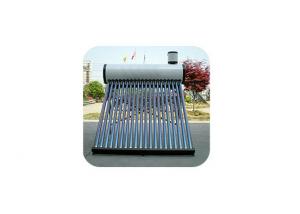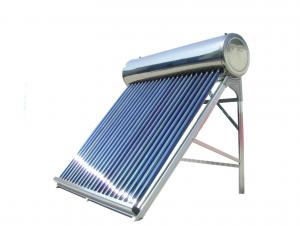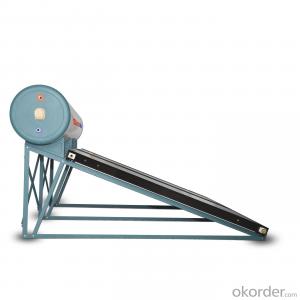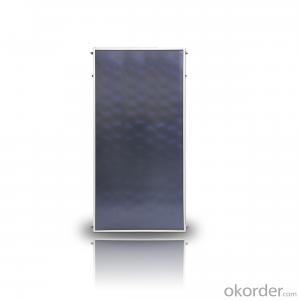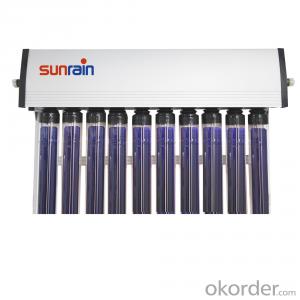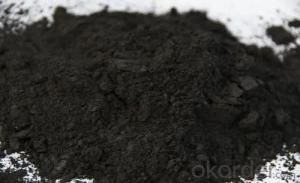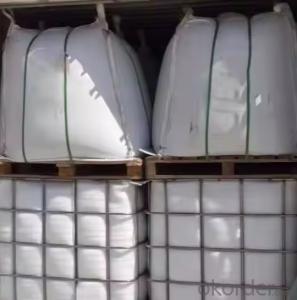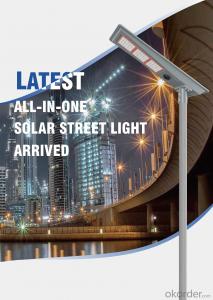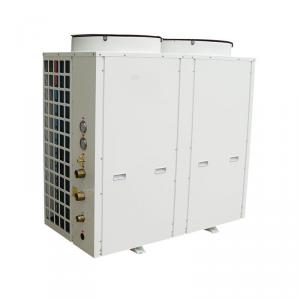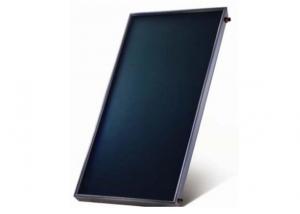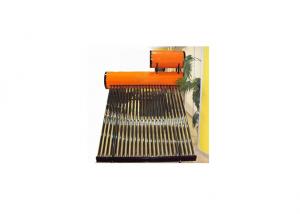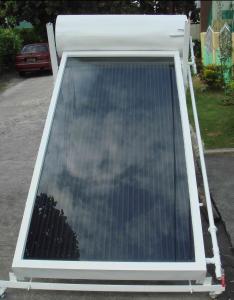Integrated Unpressurized Solar Hot Water Heater
- Loading Port:
- China main port
- Payment Terms:
- TT OR LC
- Min Order Qty:
- 10 set
- Supply Capability:
- 10000 set/month
OKorder Service Pledge
OKorder Financial Service
You Might Also Like
Introduction of Non-Pressure Solar Water Heater:
Non-pressure Solar Heater is one of the most economical solar water heating device with pretty high efficiency at the same time. It consists of hot water storage tank, solar vacuum tubes with mouth plug in storage tank, and bracket supporting tank and tubes.When cold water in evacuated tubes is heated with solar irradiation, as the specific gravities of hot water and cold water are different, hotter water goes upward to storage tank and colder water goes downward to glass tubes. through this continuous circulation, the cold water in storage tank will be gradually heated till sunset.
Solar water heaters working principle
1. The solar collector absorbs solar energy and transmits it to the solar water heater tank through circulation
2. When the temperature of the collector reaches the set value, the controller starts the circulation pump automatically
3. The circulation pump makes heat-conducting liquid circulate automatically
4. The heat-conducting liquid transfers heat to water by lower heat exchanger in the water tank.
5. When the temperature difference between solar collector and heat pipe solar water heaters tank doesn't reach the set value, the circulation pump will be shut automatically
6. In case the temperature of the water tank does not reach Tmax, Electric Heating Element will start to work automatically
Solar water heaters working station component:
1. Operating screen
2. Manometer
3. Pump speed adjust switches
4. Temperature difference circulation pump
5. Flow rate indicator
6. Return circuit connector
7. Safety valve
Solar water heaters specification:
Description | solar water heaters |
Material of out manifold | 0.55mm thickness color steel/ fluorine carbon steel |
Material of inner tank | Food grade 2.0 mm thickness SUS304 stainless steel |
Tank insulating layer | 40mm 45kg/m³ high-density polyurethane foamed |
Inlet and outlet hole | Male G1'' |
Max pressure | 0.6 Mpa |
Solar collector tube | 3.3 Borosilicate glass with N/Al coating |
Thickness of glass tube | 1.6mm |
Vacuum tube tightness | P≤0.005 Pa |
Absorption | as=0.93-0.96 (AM1.5) |
Emission ratio | εh=0.04-0.06 (80C±5C) |
Idle sunning property parameters | Y=220~260m2.C/KW |
Average heat loss coefficient | ULT=0.6~0.7W/(m2.C) |
Bracket: | 2.0mm thickness aluminum alloy |
Tank weight | 75KGS |
Tank size | 560mm Dia x 1810mm Height |
Tank capacity | 300L |
Solar collector | 2pcs 58x1800x15tube solar collector |
Absorber area | 2.811 m² |
Working station | SP116 working station |
Heat exchanger length | Upper:12m, Underside:18m |
Solar water heaters details show:
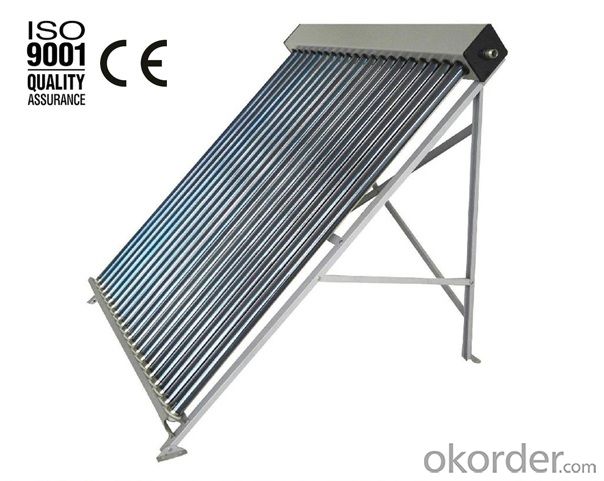
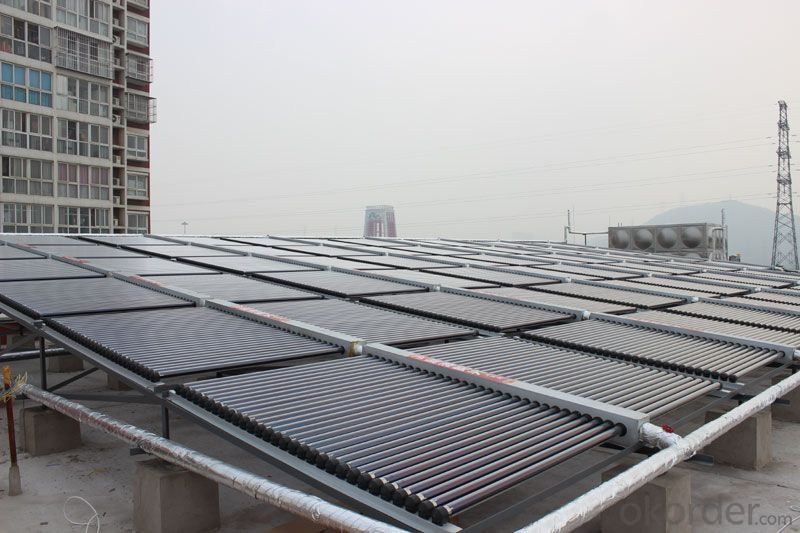
Benefits of this kind of solar water heaters:
1. Prolong the life of your existing water heater
2.Costs less than an electric, gas or oil water heater
3.No maintenance required
4.Lasts longer than a traditional hot water heater
5.Reduce your water heating costs
- Q:Can a solar water heater be used in areas with limited pellet availability?
- Yes, a solar water heater can be used in areas with limited pellet availability. Solar water heaters utilize sunlight to heat water, eliminating the need for pellets or any other fuel source. They are a sustainable and environmentally friendly option for heating water in regions where pellet availability is limited.
- Q:Are there any regulations or permits required for installing a solar water heater?
- Yes, there are regulations and permits required for installing a solar water heater. The specific requirements may vary depending on the location and jurisdiction, but generally, building permits and electrical permits are needed. Additionally, there may be specific codes and guidelines that need to be followed to ensure the proper installation and safety of the solar water heater system. It is always advisable to check with local authorities or consult a professional installer to ensure compliance with all applicable regulations and obtain the necessary permits.
- Q:How does the cost of a solar water heater compare to a traditional water heating system?
- The cost of a solar water heater is generally higher upfront compared to a traditional water heating system. However, over time, the savings from reduced energy bills can offset the initial investment. Additionally, solar water heaters are more environmentally friendly and sustainable, making them a cost-effective long-term solution.
- Q:Are there any financial incentives for selling excess solar-heated water back to the grid?
- Financial incentives are available for selling excess solar-heated water back to the grid. Numerous countries and regions have net metering programs that enable homeowners and businesses with solar water heating systems to earn credits or payments for the surplus energy they produce and supply to the grid. A bi-directional meter measures the surplus energy, tracking the electricity generated and exported to the grid. These credits can be used to offset future energy consumption or sold back to the utility company at a predetermined rate. Furthermore, certain governments offer feed-in tariffs (FITs) or feed-in premiums, guaranteeing a fixed payment for each kilowatt-hour of solar energy generated and fed back to the grid. These financial incentives not only offset the initial investment in solar water heating systems but also promote the adoption of renewable energy sources and contribute to overall sustainability goals. It is essential to consult local utility companies, government agencies, or renewable energy associations for specific details and eligibility criteria regarding the financial incentives for selling excess solar-heated water back to the grid.
- Q:What is the impact of bird or animal damage on the performance of a solar water heater?
- Bird or animal damage can have a significant impact on the performance of a solar water heater. One of the most common issues caused by these damages is the obstruction of the solar panels or collectors. Birds may build nests or leave droppings on the panels, blocking sunlight from reaching the solar cells and reducing the overall efficiency of the system. Additionally, animals such as squirrels or rodents may chew on the wires or cables connecting the solar water heater to the storage tank or control systems. This can lead to electrical shorts or open circuits, disrupting the flow of electricity and preventing the heater from functioning properly. Moreover, animals may also damage the insulation surrounding the pipes or tubing of the solar water heater. This can result in heat loss and reduced efficiency as the heated water may not reach the desired temperature or may cool down faster during transportation. Furthermore, bird or animal damage can lead to clogging or blockages in the water supply or drainage pipes. Nesting materials, debris, or even carcasses can accumulate in these pipes, hindering the flow of water and potentially causing leaks or backups. In summary, bird or animal damage on a solar water heater can impede the system's performance by obstructing sunlight, damaging electrical components, reducing insulation efficiency, and causing clogs in the water supply or drainage pipes. Timely maintenance and protective measures, such as installing bird or animal deterrents, can help mitigate these impacts and ensure optimal performance of the solar water heater.
- Q:How does a solar water heater perform in high humidity environments?
- A solar water heater performs well in high humidity environments as long as the humidity does not significantly affect the amount of sunlight reaching the solar panels. The system relies on sunlight to heat the water, so as long as the panels are exposed to sufficient sunlight, the high humidity should not hinder its performance. However, it is essential to consider the impact of humidity on the system's components and insulation, as excessive humidity can potentially cause rust or corrosion. Regular maintenance and appropriate protective measures can help ensure optimal performance in such environments.
- Q:Can a solar water heater be installed on an existing home?
- Yes, a solar water heater can be installed on an existing home. In fact, retrofitting an existing home with a solar water heater is a common practice to reduce energy consumption and lower utility bills. The installation process typically involves mounting solar panels on the roof or in a sunny area of the property to capture the sun's energy, and connecting them to a storage tank or existing water heating system. While the feasibility of installation may depend on factors such as available roof space, orientation, and local building codes, professional installers can assess the suitability of a solar water heater for an existing home and provide customized solutions.
- Q:Can a solar water heater be used in areas with high levels of water contamination from chemicals?
- Yes, a solar water heater can be used in areas with high levels of water contamination from chemicals. However, it is important to note that the solar water heater alone may not remove or neutralize the chemicals present in the water. It is advisable to incorporate additional water treatment methods, such as activated carbon filters or reverse osmosis systems, to ensure safe and clean water for use.
- Q:Can a solar water heater be used in areas with limited access to regulatory frameworks?
- Yes, a solar water heater can be used in areas with limited access to regulatory frameworks. The installation and use of solar water heaters do not typically require extensive regulatory oversight or infrastructure. These systems can be easily installed and operated without relying on complex regulatory frameworks, making them suitable for areas with limited access to such structures.
- Q:What is the required maintenance cost for a solar water heater per year on average?
- The required maintenance cost for a solar water heater per year on average can vary depending on the specific model and location, but it typically ranges from $100 to $300.
1. Manufacturer Overview |
|
|---|---|
| Location | |
| Year Established | |
| Annual Output Value | |
| Main Markets | |
| Company Certifications | |
2. Manufacturer Certificates |
|
|---|---|
| a) Certification Name | |
| Range | |
| Reference | |
| Validity Period | |
3. Manufacturer Capability |
|
|---|---|
| a)Trade Capacity | |
| Nearest Port | |
| Export Percentage | |
| No.of Employees in Trade Department | |
| Language Spoken: | |
| b)Factory Information | |
| Factory Size: | |
| No. of Production Lines | |
| Contract Manufacturing | |
| Product Price Range | |
Send your message to us
Integrated Unpressurized Solar Hot Water Heater
- Loading Port:
- China main port
- Payment Terms:
- TT OR LC
- Min Order Qty:
- 10 set
- Supply Capability:
- 10000 set/month
OKorder Service Pledge
OKorder Financial Service
Similar products
New products
Hot products
Hot Searches
Related keywords
